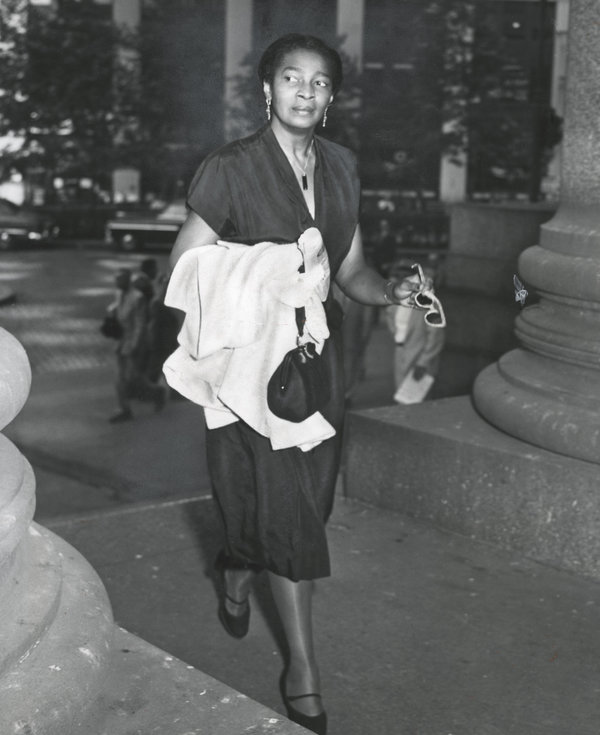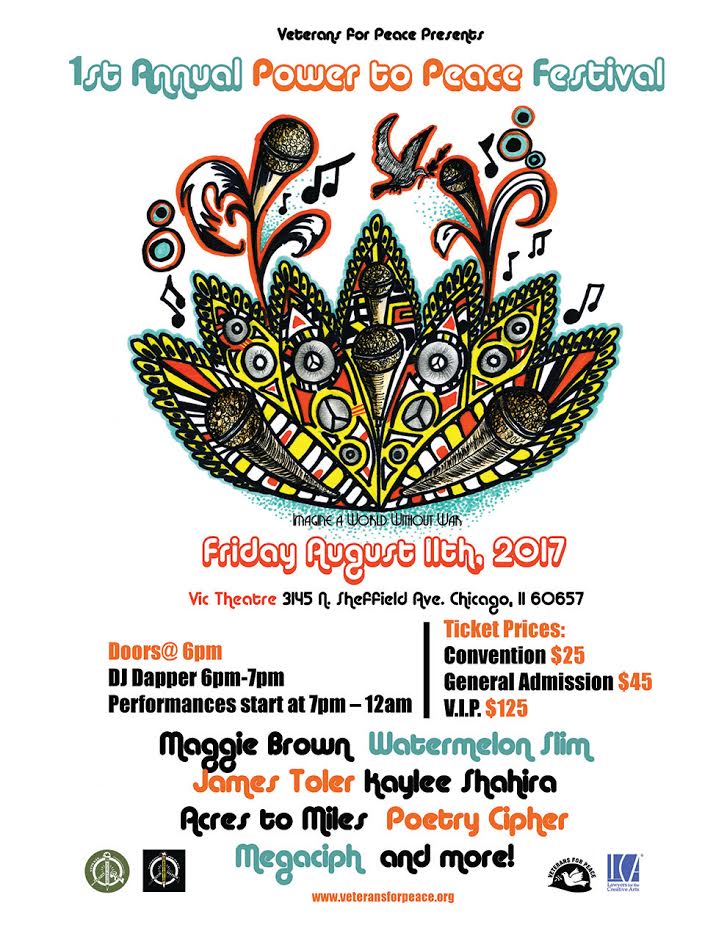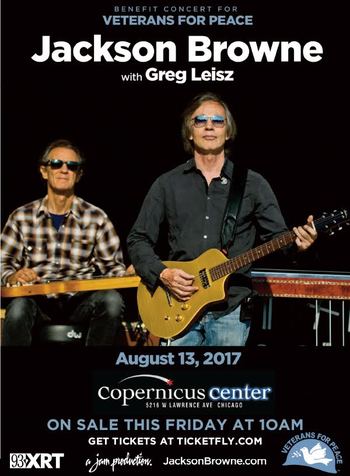Vietnam Veteran Fritz Taylor’s Rockport Fourth Of July-2017
By Associate Moderator Jonathan Prince
[Those who are familiar with this site and a number of on-line media platforms with which he is associated may have noted that Peter Paul Markin has been for the past decade or so the moderator of this site. Some may also know the background story about the original of his on-line moniker which honors his long lost friend of the same name, the real life Markin, who taught him many things before he fell down to his own hubris, maybe his whole genetic infrastructure, in Mexico in a hail of gunfire over a busted drug deal in the mid-1970s. As one can assume by the time frame of many of his stories of his youth (and of course of the real Markin as well) the moderator is getting up there in age and as with the case of film critic Sam Lowell is ready to give up the day to day chores associated with moderating this busy site. Jonathan Prince, the son of an old college friend Leonard, and a recent college graduate himself, has volunteered to help out with the moderator and reporting roles as things move into transition.
This assignment, an assignment which is basically a job of reportage about Fritz Taylor’s take on the Fourth of July celebration in the old time fishing town and now something of a tourist Mecca Rockport out on ocean edge Cape Ann in Massachusetts , is his first attempt at getting his feet wet on the job. It is rather fitting that Jonathan has had Fritz Taylor’s current story as his first assignment since Fritz was the first subject of the real Peter Paul Markin’s series of articles in the early 1970s for the now long gone East Bay Other out in Oakland. That series detailed how a bunch of Vietnam veterans from all over and for all kinds of personal reasons who could not deal with coming back to the “real” world after Vietnam came together down in Southern California and formed what they would now call an alternate community among the arroyos, under the bridges and along the railroad tracks. Bruce Springsteen later titled one of his songs Brothers Under The Bridge about that same experience and that seems to fit as well as any other for what went on back then. Not a bad way to cut your reporting teeth. Peter Paul Markin]
Fritz Taylor is a marching mad man. A marching mad man with a purpose. Funny it had not always been that way. He had not always been that way. Back home as a youth in Fulton County, Georgia he would moan and groan if had to walk the half mile to the nearest grocery store to get provisions for his large family’s meals. Later, when he came of age and could not justify staying around the house and enlisted in the Army just as the war in Vietnam was coming to a boiling point, he would gripe, piss and moan he called it, about having to walk all over half that benighted country for most of his tour of duty.
That war, that Vietnam experience which would change him forever when he got back to the “real” world, also changed his attitude toward walking, walking “with the king” he calls it now since he has gotten on the right side of the angels about the issues of war and peace. Of course as with a lot of guys back then, guys who fought and suffered every kind of stress and disorder, that wisdom did not come easy, and it was a close thing that it came at all. The dope he craved to take the pain away, the pain of living, almost did him in a few times. Like a lot of guys too he gave up to dope and to whatever other stuff was ailing his mind his wife and kids, his good paying job as a trucker, and his cozy place just waiting for him in society as a veteran. He had been one of the first guys to head to Southern California to be what he now calls “a brother under the bridge” after he ran into a friend who had served with him in the Forth Infantry up in the Central Highlands. It was down in the camp along the railroad track outside Westminster where Peter Paul Markin [the real Markin] first ran into Fritz and he had agreed to be interviewed for a story to run in an alternative newspaper in Oakland [the East Bay Other] where Markin was working at the time.
That was the early 1970s and while he wished that getting to know Markin, a fellow veteran, through that interview Fritz fell down, his term, many times to the lure of various drugs, in the end cocaine, before he got clean. He confessed to me that before then he could have “given a fuck” about thinking about wars, or peace for that matter. Getting clean helped him to be able to see that whatever was bothering him about what he had done in Vietnam and later to his social circle was the root of what bothered him. (He got what he called great help from the VA, from a therapist they provided which helped him work out some of what had enraged him for so many years). From there he, slowly, came to believe that if he was to have peace within himself that he would need to “spread the word,” again his term. Then Fritz began in the early 1980s to look around for groups that were doing peace work.
By this time he had settled in Baltimore, gone to community college and had become a computer technician (paid for by the GI Bill), met a nice woman with a couple of kids and they were living together. This woman, Heather, now Heather Taylor, knew a few Quakers from a literacy campaign she had worked on with them and she got Fritz in touch with them. That had not really worked out because Fritz did not feel himself to be a pacifist nor did he feel comfortable with the plainness of the sect and its ways of living in this wicked old world.
In 1987, or 1988, Fritz was not sure which, while living in a town just outside of Boston where he and Heather relocated so he could get a better job in what he had heard was the booming Hi Tech industry he ran into a guy with a Veterans for Peace tee shirt on in Harvard Square. This guy, Lenny Block, was headed to a Central America solidarity rally on Cambridge Common and he invited Fritz along. As it turned out that was to be his first serious peace march where he “walked with the king” since after the rally the participants were heading to the State House in Boston several miles away to publicize the situation in Central America and the United States government’s nefarious involvement in that troubled area of the world.
And that, fast forward, had been how almost twenty years and plenty of worn shoe leather later one Fritz Taylor was spending the ebbing Fourth of July day in Rockport, Massachusetts as part of a combined VFP and affiliated peace group contingent in the annual town parade. This had not been Fritz’s first Rockport march, he reckoned it was his fourth or fifth so he knew what to expect (not Heather’s either who while not very “political” stood on the right side of the angels on the peace issue and marched with him in this parade). The crowds as usual were both respectful of the veterans as veterans and generally receptive to the peace message they were bringing to the fore with their array of dove-centered white flags flapping in the ocean breeze creating quite a stirring sight.
That former part of the sentence about the crowd response is what bothered Fritz, had for a while in many locations, the part about respecting veterans as veterans. That respect was in Rockport that day, in the past and in other locations, signified most graphically by one expression-“Thank for your service.” While on march it was hardly appropriate to single out those who expressed themselves that way and ask what they meant. So Fritz suffered in silence about what the crowds were really responding to, a patriotic or peace strain. Fritz had been through a lot in Vietnam and what it had done to his psyche, been down in the ditch in Southern California with other lost souls from that war, had gone to the depths in drug addiction before being washed clean so he was more than usually bothered by the thought that those who used the thank you expression were honoring his tour of duty in Vietnam.
This year Fritz decided that he would ask a few of the spectators once the parade was over what they meant since he would still get through the VFP tee shirt he was wearing those thanks. He stopped one older person and asked frankly what she meant by her compliment. She said for his service to his country and the peace aspect was just so much frosting. Another spectator agreed. A few others thought it “cool” that veterans were marching for peace. A mixed bag. The final response from a person he asked gave an unequivocal response that he believed for service to the country and not anything to do with peace. This gave Fritz an idea, an idea he tested out that very nice. Anytime somebody threw the expression of thanks for his service at him he would reply-“Yes, for my service now.” Fritz chuckled as he thought about how many more marches this new-found expression would get him through. A lot he hoped.







